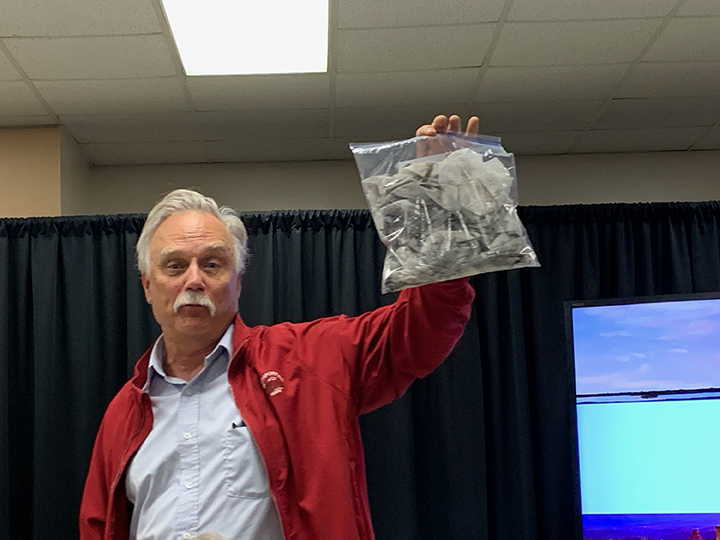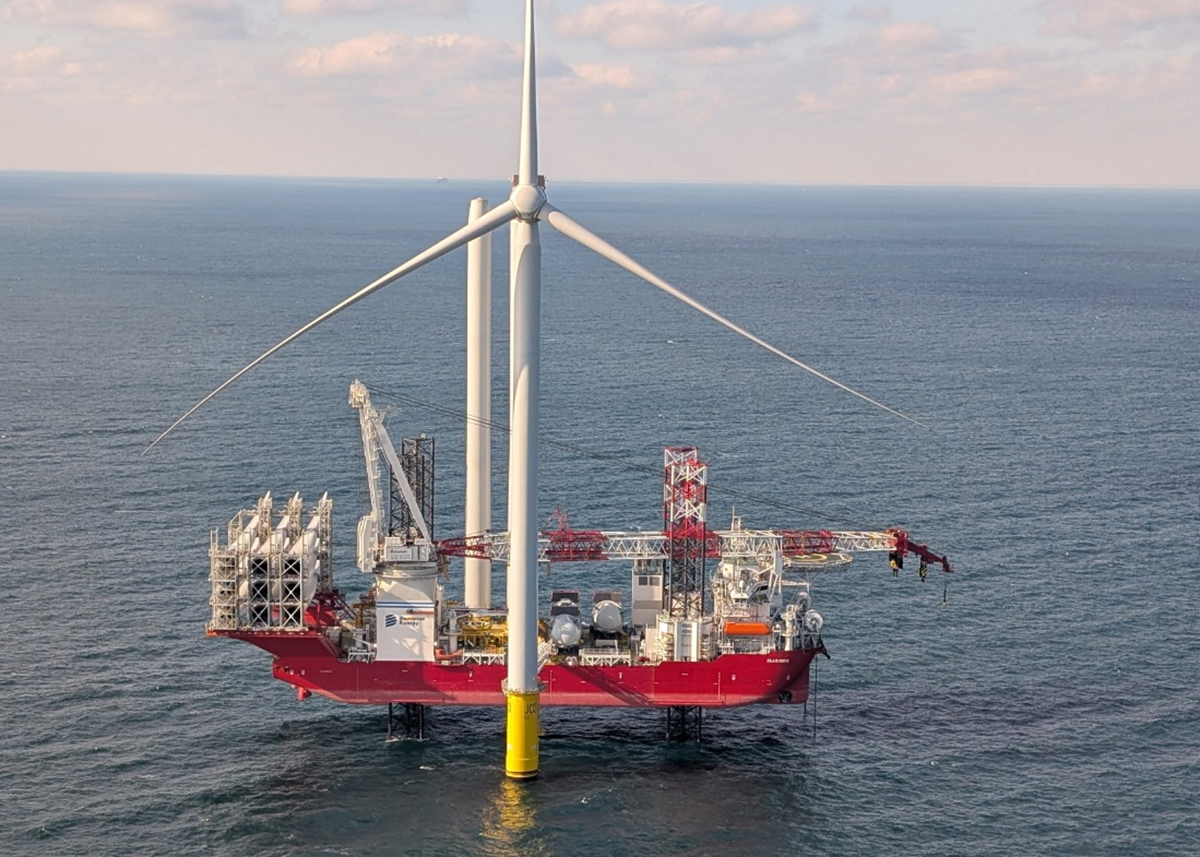
Capital Power near Southport is no more.
The small plant, operated by CPI USA North Carolina LLC, ceased operations March 31, according to Katherine Perron, Capital Power’s media relations and communications manager.
Supporter Spotlight
“We are now underway with decommissioning the Southport plant, a major focus of which is a thorough cleaning of the site and buildings,” Perron said in an email. “This will be followed by equipment removal, building demolition and salvage, and site reclamation work that is expected to continue through 2021, and possibly into 2022. We are planning to update residents, City and County staff as the process continues.”
CPI, a holding company of Capital Power of Edmonton, Alberta, Canada, had operated the plant since 2006.
Leading up to its closure, the facility had been scrutinized by nearby residents, officials in Southport and Caswell Beach, and environmentalists for failing to meet state and federal air quality standards and discharging wastewater routed into the Atlantic Ocean.
The company last fall notified the North Carolina Department of Environmental Quality’s Division of Air Quality, or DEQ, of its plans to cease operations, per the terms of a draft special order by consent, or SOC, to continue operating.
The state Environmental Management Commission granted the company an SOC in 2016 after the state determined plant emissions of sulfur dioxide exceeded the National Ambient Air Quality Standard. That consent order expired at the end of 2020.
Supporter Spotlight
A consent order is generally given to a facility if it is unable to consistently comply with the terms, conditions or limitations in a National Pollutant Discharge Elimination System, or NPDES, permit because of problems related to, for example, design of infrastructure.
The 88-megawatt-capacity plant near Southport failed on more than occasion to meet state and federal air quality standards.
The company received a notice of violation in January 2017 for failing to get a prevention of significant deterioration, or PSD, permit before beginning construction to retrofit the plant’s six boilers with sulfur dioxide and nitrogen oxides controls.
DAQ issued that violation after the facility in February 2016 turned over its first annual emissions report, which showed that actual emissions of sulfur dioxide, carbon monoxide and particulate matter were “significantly” higher than the company’s projected emissions, according to state records.
The company was fined more than $470,000 for failing to obtain the PSD permit and failing to operate the appropriate controls to reduce sulfur dioxide emissions. CPI filed a petition in January 2020 in the state Office of Administrative Hearings challenging the civil penalty, but ultimately paid the fine the following month.
In 2019, CPI applied for two NPDES permits – one for wastewater discharge and the other for stormwater discharge.
Residents from Southport and nearby beach towns urged state officials considering the permit applications for more oversight at the plant and raised concerns about where the discharge was being routed: about 2,000 feet off Caswell Beach’s ocean shoreline.
Wastewater and stormwater discharge from the plant were transported into the same canal used by Brunswick Steam Electric Power Station, which is operated by Duke Energy. Together, the plants generated 2 billion gallons per day of effluent, which traveled into the canal into a pipe buried under the Atlantic Intracoastal Waterway before discharging into the Atlantic Ocean.
Ann Carey has been one of several nearby property owners who raised concerns about the plant’s air emissions and discharge practices.
“We are very happy the CPI plant is now closed and are looking forward to their promised removal and clean-up of the site,” she said in an email. “We’ve already noticed how much quieter it is in our neighborhood.”
Carey said she is grateful for the company’s attempts to “lesson and/or fix certain issues,” including CPI’s financial contribution for the construction of a roadway to divert truck traffic and covering the costs associated with pressure washing several homes coated with fly ash due to an incident at the plant.
“Unfortunately, the technology of CPI’s operation was so far outdated and too environmentally unsafe to continue,” she said.
The plant sold electric power to Duke Energy and steam power to Archer Daniels Midland, a food processing company with operations in Southport.
Capital Power held a lease with Duke Energy for use of about 53 acres of the 1,200-acre site, according to Karen Williams, a spokesperson for Duke Energy’s Brunswick Nuclear Plant.
“As far as future uses for the property, we are looking at a variety of options but have made no decisions at this point,” Williams said in an email.
Southport resident Bill North said he believes the land could be sold and developed into a residential neighborhood.
“That doesn’t concern me because it won’t be an overly large development,” he said in a telephone interview. “Overall, talking with my neighbors, everybody is feeling positive. The entire neighborhood is glad that this problem is going away. We’re relieved that we won’t have the airborne and sound pollution coming from the plant.”







